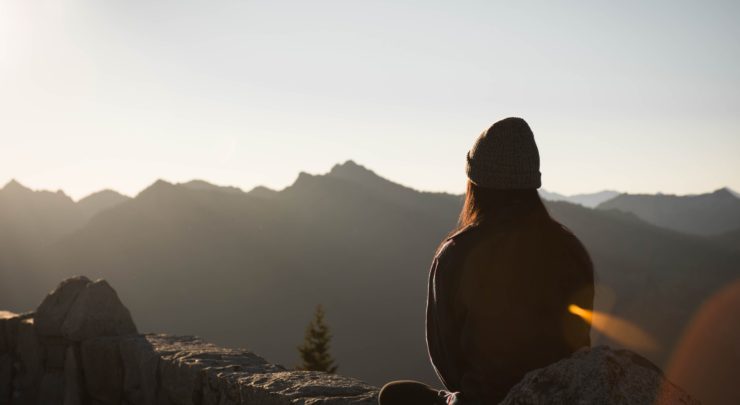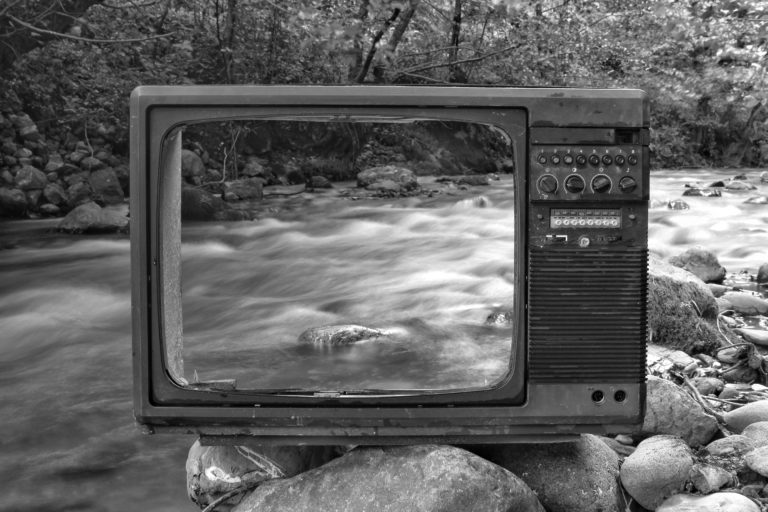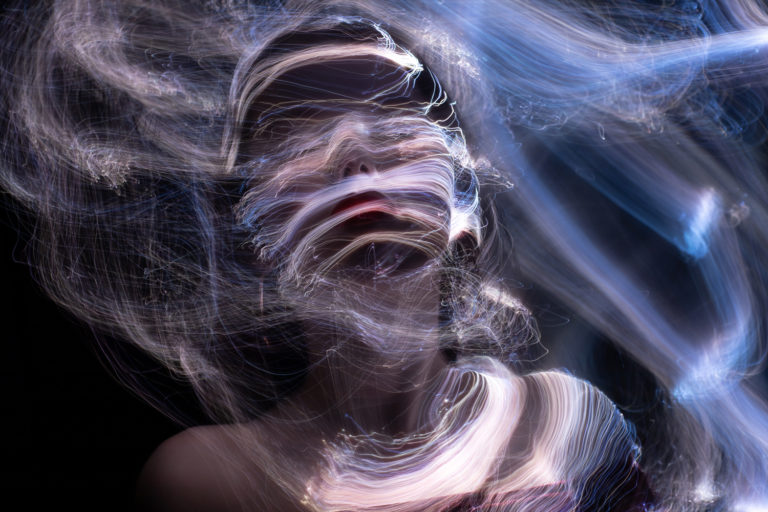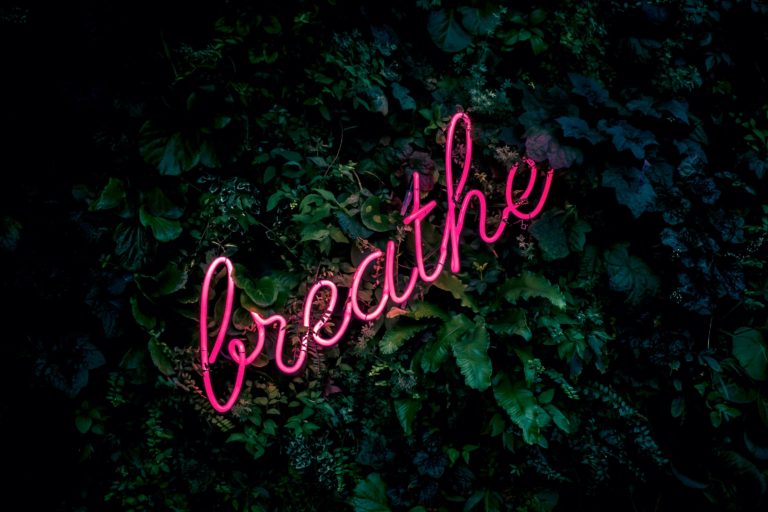
Lights, Camera, Breathe
Almost anyone will tell you they’ve worked a 20+ day at some point in their career; there are countless stories of people nodding off at the wheel when driving home, just as the sun is beginning to rise. Whether in front of or behind the camera, the work is intense.
As glamorous as Hollywood can appear on the outside, the actual behind the scenes of film, television, and commercials is plagued by a history notorious for overworking those involved, with people afraid to speak up out of fear of losing their jobs. Demands run high in order to meet budgets, get the shot, catch the light, satisfy directors, studios, agencies…everyone has an agenda. And yet, despite often extreme circumstances, little attention is paid to the mental health of the people who are working tirelessly.
The conspicuous example that comes to mind is Shelley Duval’s real life horror experience during the making of The Shining. Duval claimed Stanley Kubrick tortured her, causing her to lose her hair and considered quitting acting after being verbally abused to film over 127 takes of physically and emotionally challenging scenes. The famous baseball bat scene made The Guinness Book of World Records for the most takes ever shot with dialogue and genuine crying (McMahon, 2013, Indiewire).
The Shining was filmed over 50 years ago, and while progress has been made in the time since, there is still a way to go. In a 2018 article published by Deadline that sheds light on these issues, many industry insiders revealed that they were often instructed to keep quiet. Unfortunately, it has taken the tragic death of camera assistant Sarah Jones in 2014 (killed on a live train track “set” during the filming of Midnight Rider), and the #MeToo movement to erase some of the fear of speaking up.
Vessel aspires to be a part of this change by raising awareness and advocating for more on and off set resources. We aim to incorporate our own mindfulness practice into our production work in order to help relieve stress, boost creativity, and enhance the overall quality of day-to-day life for the crews we collaborate with. We have found that the simplest way of doing that is by implementing 20 minutes of meditation into our daily routine. It’s no secret that meditation is a scientifically proven exercise for mental balance with benefits that promote brain function, reduce stress & anxiety, help manage PTSD & depression, and improve cardiovascular health.
There are many different techniques, from zen meditation to Transcendental Meditation (the latter which has taken on a huge following in the industry due to the likes of filmmaker David Lynch, Jerry Seinfeld, and Clint Eastwood). Finding a practice that works for you is part of the fun. After all, creativity comes from trying new things and taking risks. It’s an exploration of the mind, so shouldn’t we do a better job at nurturing this invaluable machine?
*Soon we’ll be adding a Wellness Advisor (yoga instructor, herbalist, reiki practitioner, & acupuncturist) to offer services to our crews.


